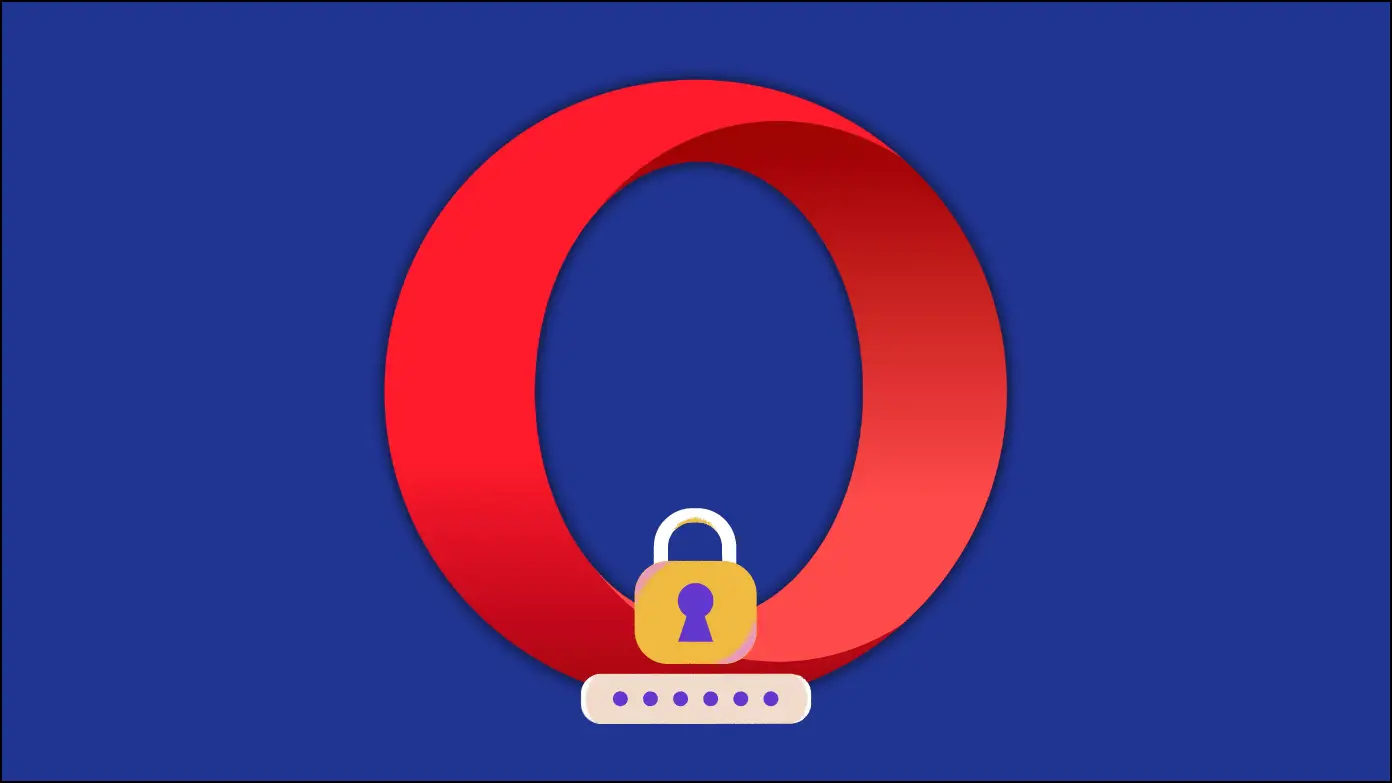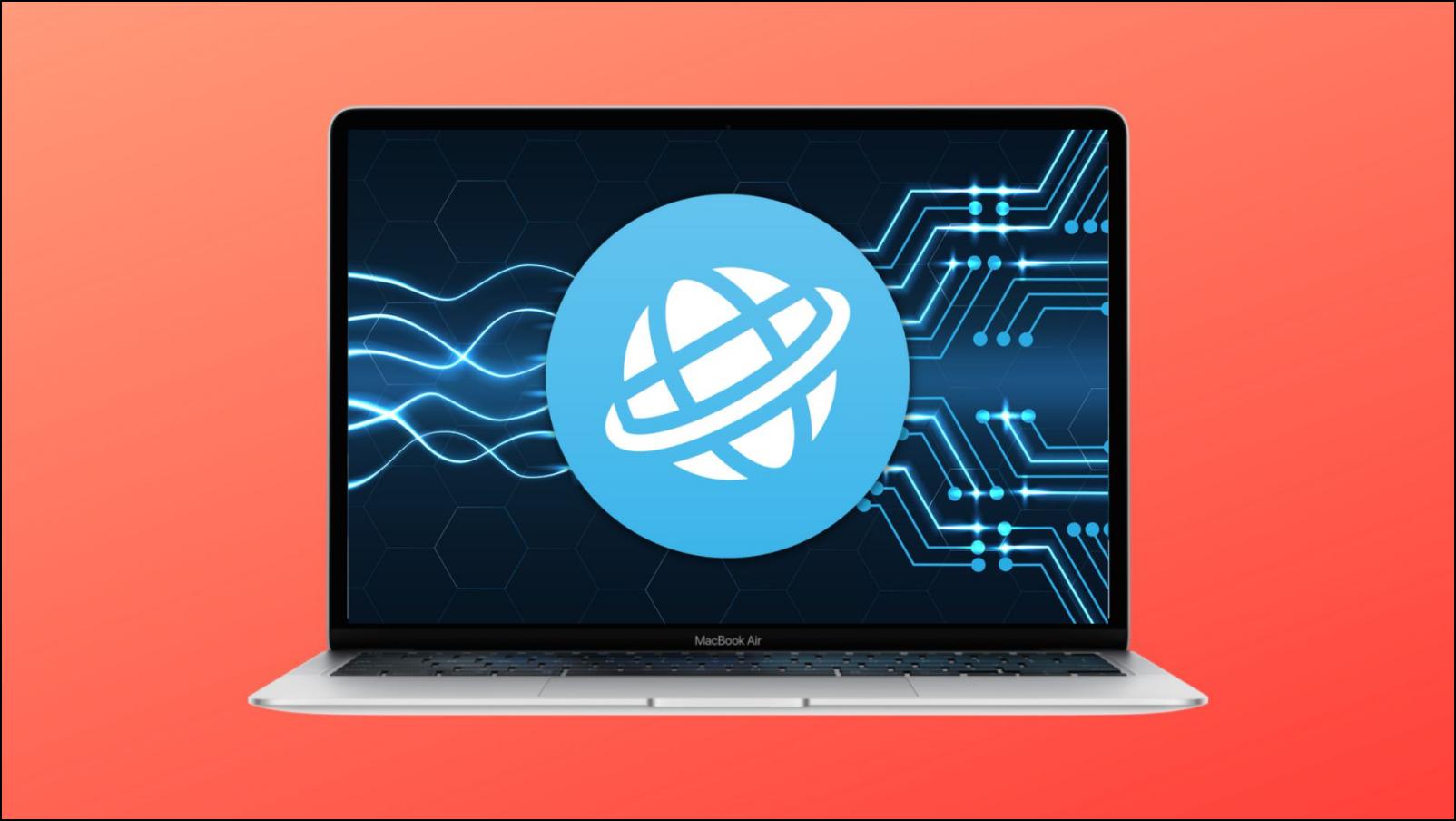With over 100 Million plus downloads across multiple platforms, Opera is a behemoth in the web browser industry. It had made a name for itself by providing a smooth and feature-rich experience. But there has been a lot of scrutiny over stealing data and user privacy around the browser since its acquisition by a Chinese consortium. But are these concerns justified, or is there nothing to worry about? This is what we will try to answer in this article as we discuss does Opera sell your data and if it’s safe or a spyware.

Rising Privacy Concerns with Opera Browser
Before moving forward, let us take a quick history lesson on Opera. Opera is the brainchild of two Norwegian programmers and was created way back in 1995. Although it was never as popular as other web browsers, heavy internet users and tech enthusiasts loved this browser.
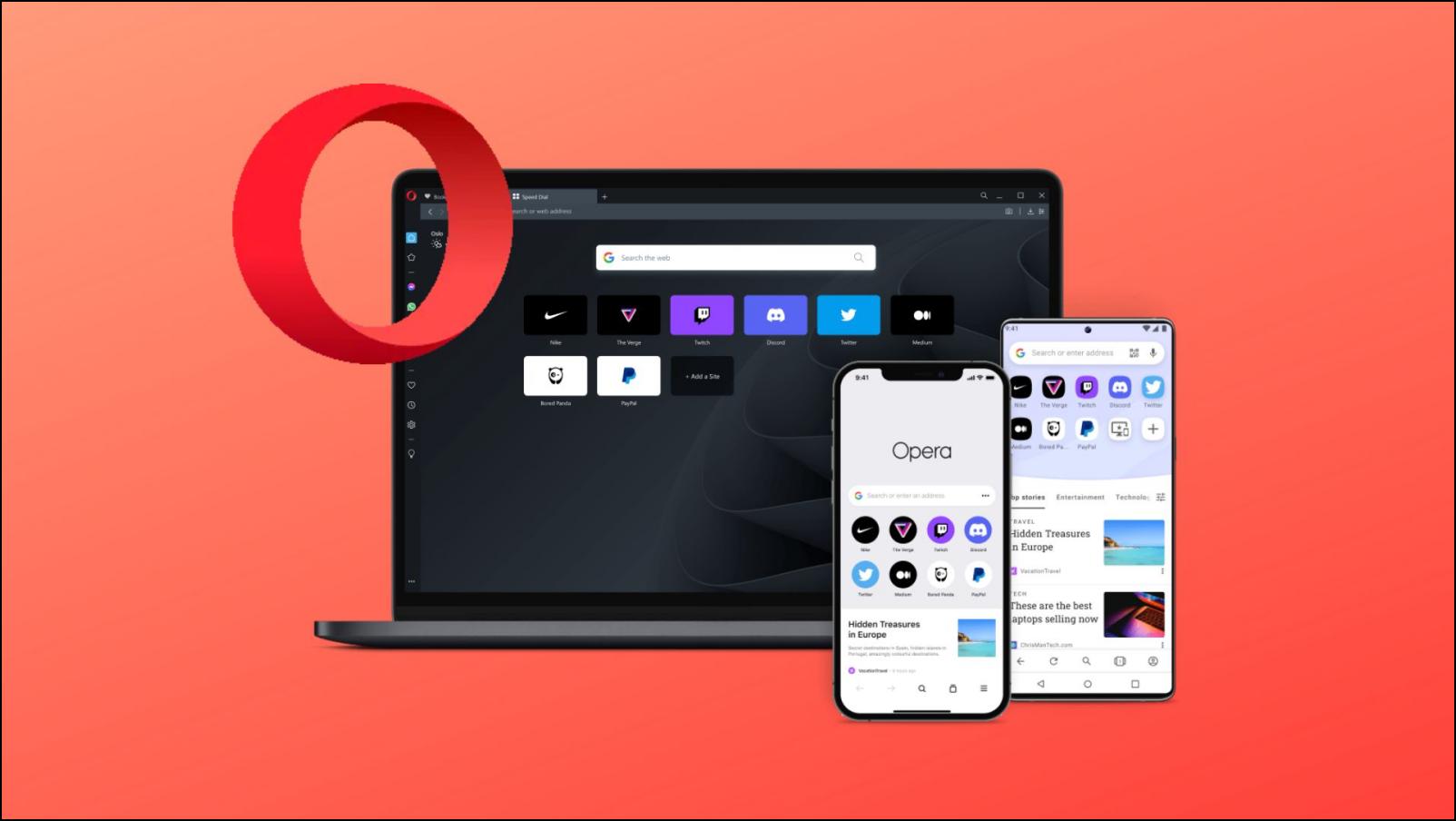
But in 2016, a Chinese consortium led by Qihoo 360 and Beijing Kunlun Tech Co bought the Opera browser division along with the Opera brand name for US $600 Million. According to this report, these units of businesses were part of the transaction:
- Mobile Browser, including Operator Co-brand solutions.
- Desktop Browser
- Performance and Privacy Apps
- Opera’s technology licensing business outside of Opera TV.
- Opera’s 29.09% ownership in the Chinese joint venture nHorizon.
This news gained significant online attention and sparked concerns about potential cybersecurity risks and user data of those who use the Opera browser. The concerns arise from the fact that Chinese companies are often criticized for their lack of transparency and are closely tied to the Chinese government.
Intrusive Features and Allegations of Opera Sending or Stealing Data
The effect of the Chinese takeover is evident in the increasing number of intrusive marketing features.
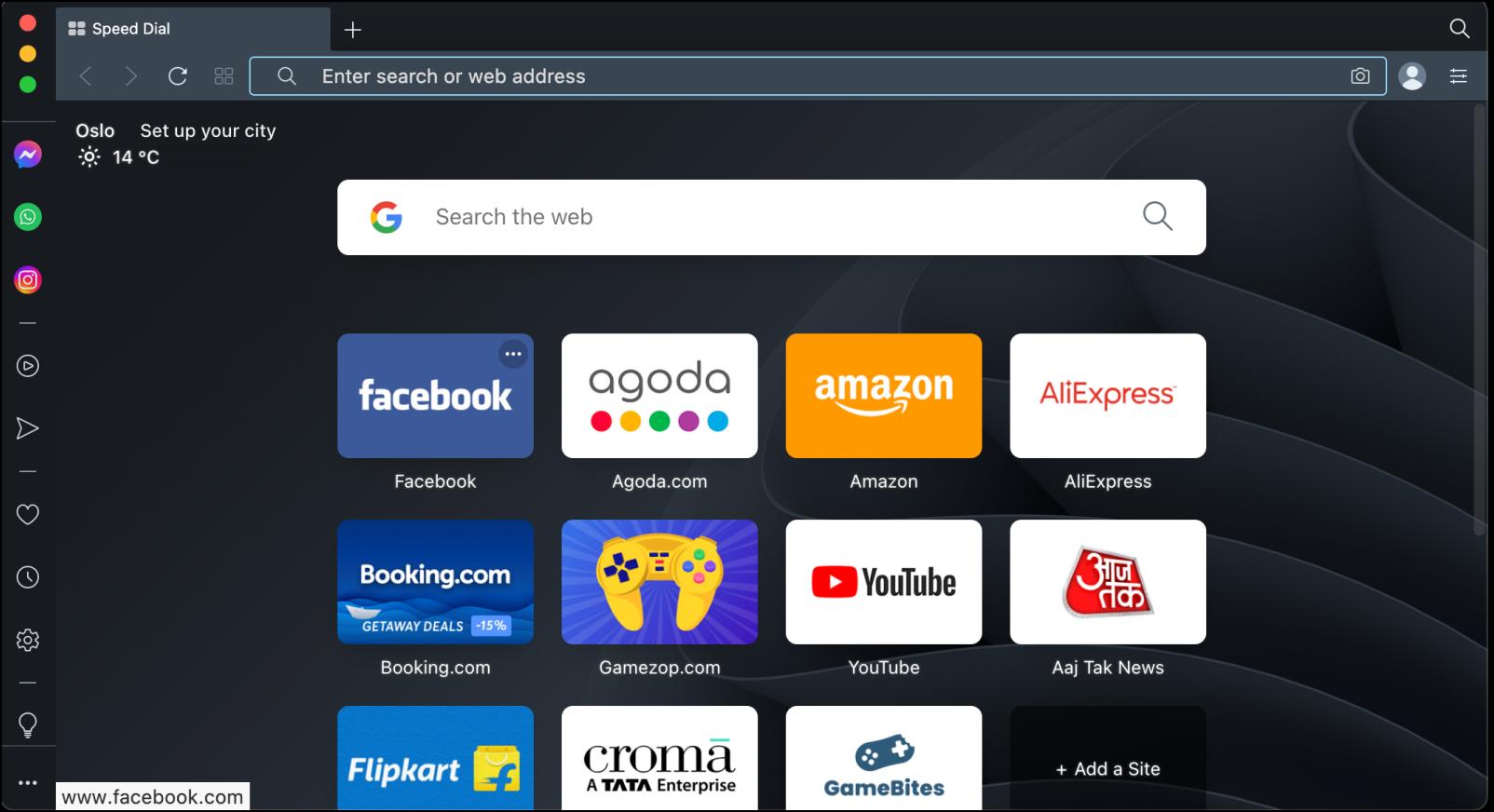
Suggested Websites in Opera Homescreen
This includes Opera News and the addition of Facebook Messenger, WhatsApp, and Instagram in the sidebar. Although you can turn them off in settings, it still does not help build trust for the browser and its privacy practices.
The Norwegian Consumer Council released a report in which it was revealed that Opera’s Android browser sends personal user data, including search queries and geolocation, to Tencent, which is a Chinese company. Opera mentioned that it was part of its “Safe Browsing” feature and that users can opt out of it, but it raised concerns over the security of user data.
How Does Opera Manage Your Data?
As a response to the above concerns, Opera updated its privacy policies to clarify that Opera Norway AS follows the privacy laws of Norway. It also complies with relevant data protection laws by European Union’s General Data Protection Regulation (GDPR). They have mentioned that the browser only collects data for legitimate reasons like improving its services and offering personalized content.
However, Opera’s own International Data Transfer policy states that “we may share or make available data (including personal data) with other members of the Opera Group, and sometimes with third parties, such as our marketing and monetization partners.”

These other members of the Opera group include their offices in China. But we know from the above report that this data was also shared with Tencent, which means there could be other Chinese companies with whom Opera shares user data.
Privacy Issues with Opera VPN
Besides the browser, its other services, like the Opera VPN, are also potentially risky for users. It is a free VPN service built into the browser and lets you mask IP addresses and locations to browse the web securely. Opera advertises it as one of the key highlight features of the Opera browser, but the truth is that this is not a VPN. It’s just a browser proxy service.
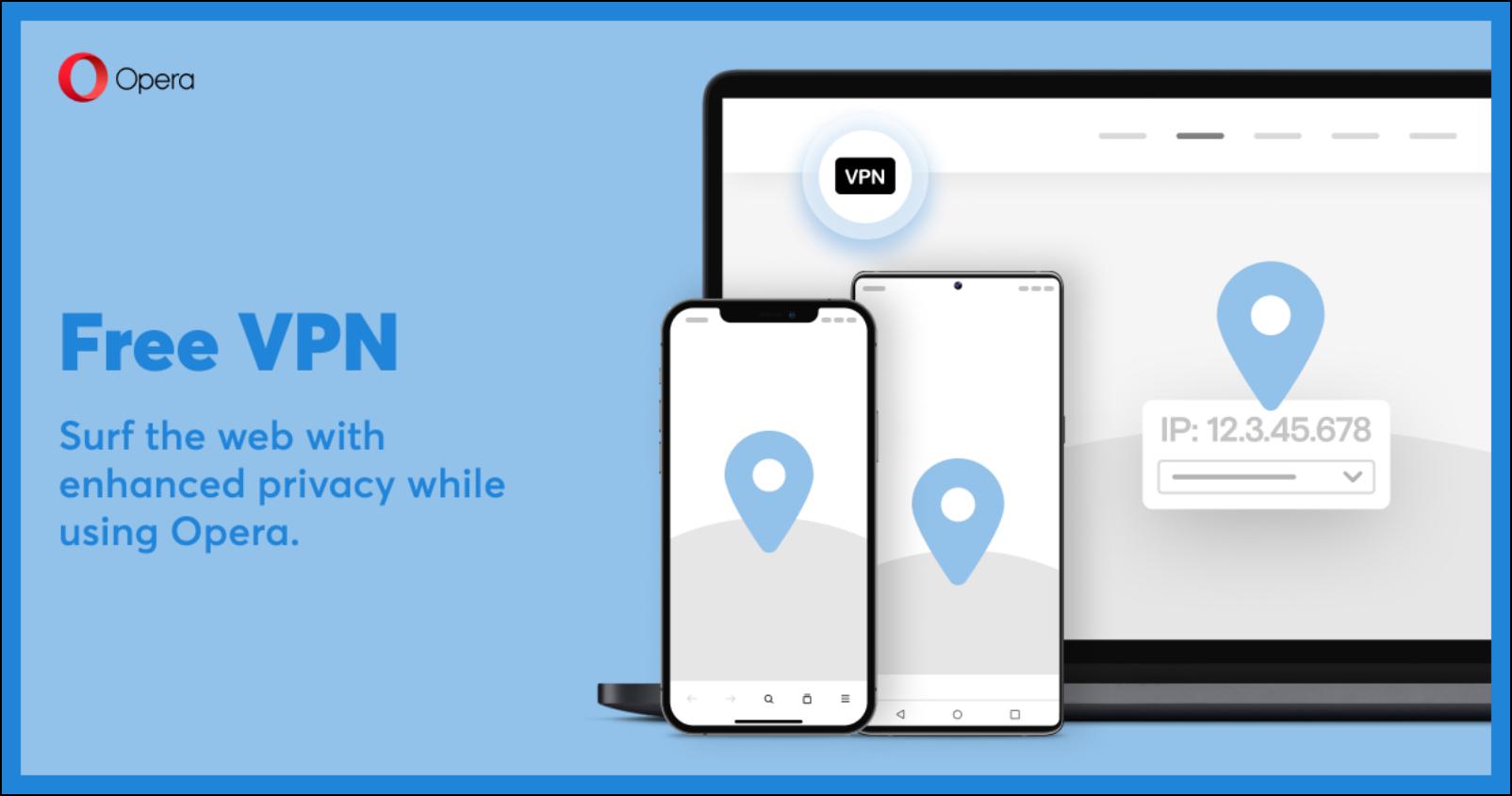
The VPN also leaked the IP address of users which was caused by a WebRTC vulnerability that has been fixed since. Even though Opera mentions that the VPN service does not log any browsing activity, the browser could be doing so instead.
Many online outlets have been critical of Opera VPN, including Restore Privacy, which stated this in their review, “The data collection policies are horrible and undermine any privacy benefit you might receive from encrypting your browser traffic.”

How to Minimize Data Collection By Opera?
Opera is a great web browser that offers a unique browsing experience, so it’s hard to argue why some users still don’t want to shift from Opera.
This, however, does not address the lingering concern for privacy. We recommend that you take the necessary steps to minimize data collection by Opera using these steps:
- Avoid using Opera VPN: Opera’s VPN does not offer complete privacy and a range of things that you can do with a regular VPN. So it is best to avoid using it; instead, download a third-party VPN service for your system if you want to use one.
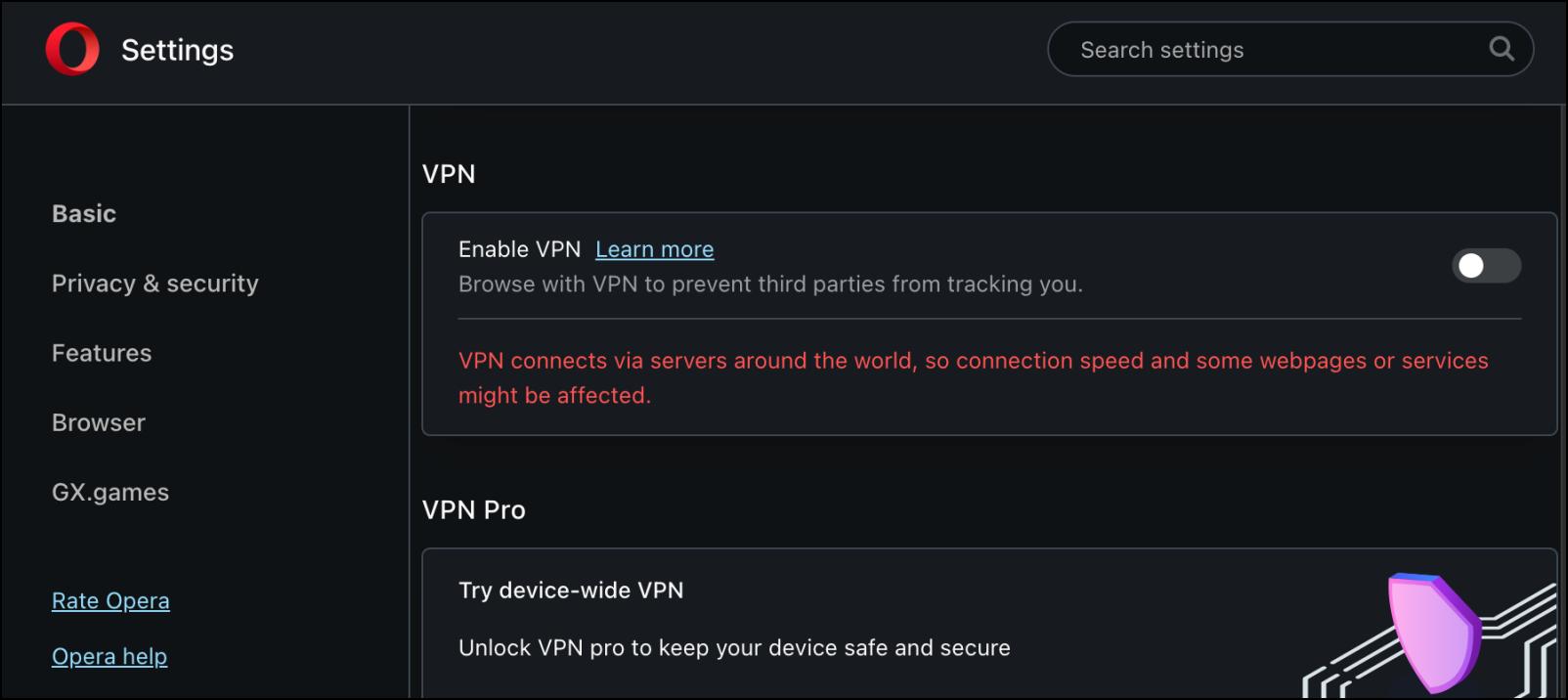
- Disable Unnecessary Features: Turn off features like Opera VPN, VPN Pro, Crypto Wallet, and Personal News. Some of them are telemetry options, while others are marketing features. It is highly recommended that you disable a feature that you don’t often use to minimize data collection. This should also improve the performance of the browser.
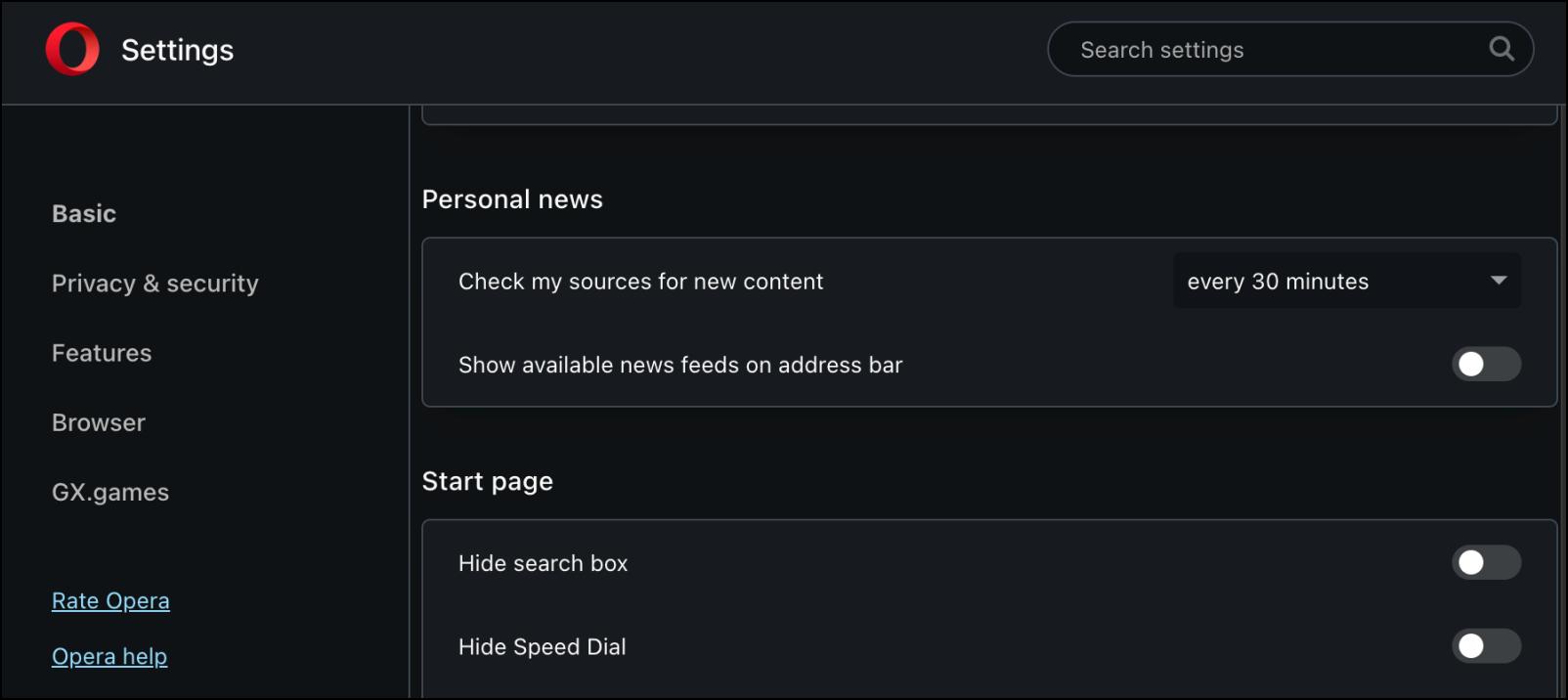
- Opt-Out of Data Collection: Various options within Opera collect your usage data for better recommendations. They are enabled by default but you can disable them to revoke your consent. This will prevent these services from gathering your personal user information.
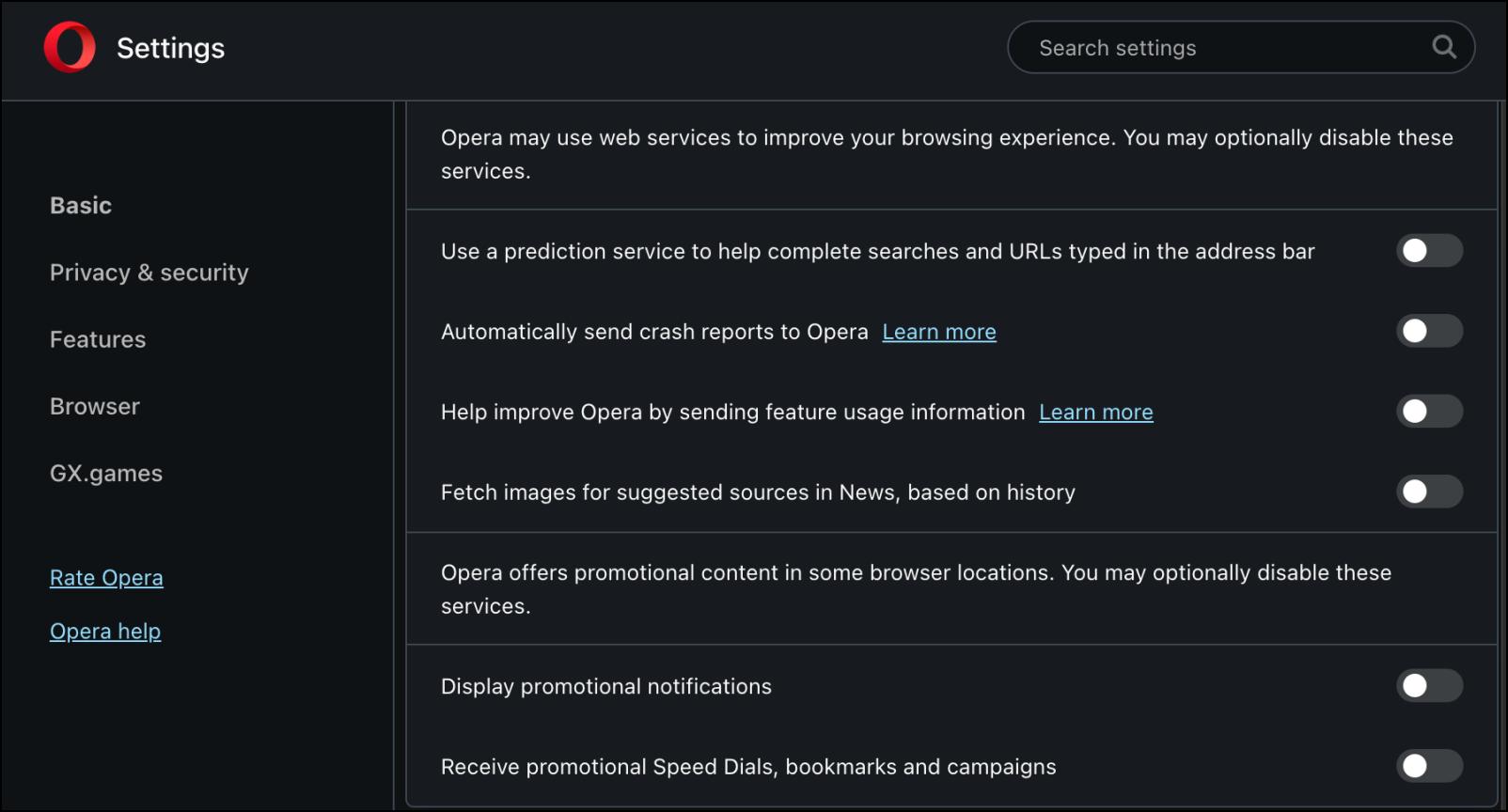
- Use Privacy Extensions and Tools: Apart from disabling options in Opera, you can also download privacy-related web extensions. Since Opera is a Chromium-based web browser, you can visit Chrome Web Store and install your favorite Chrome privacy extensions.
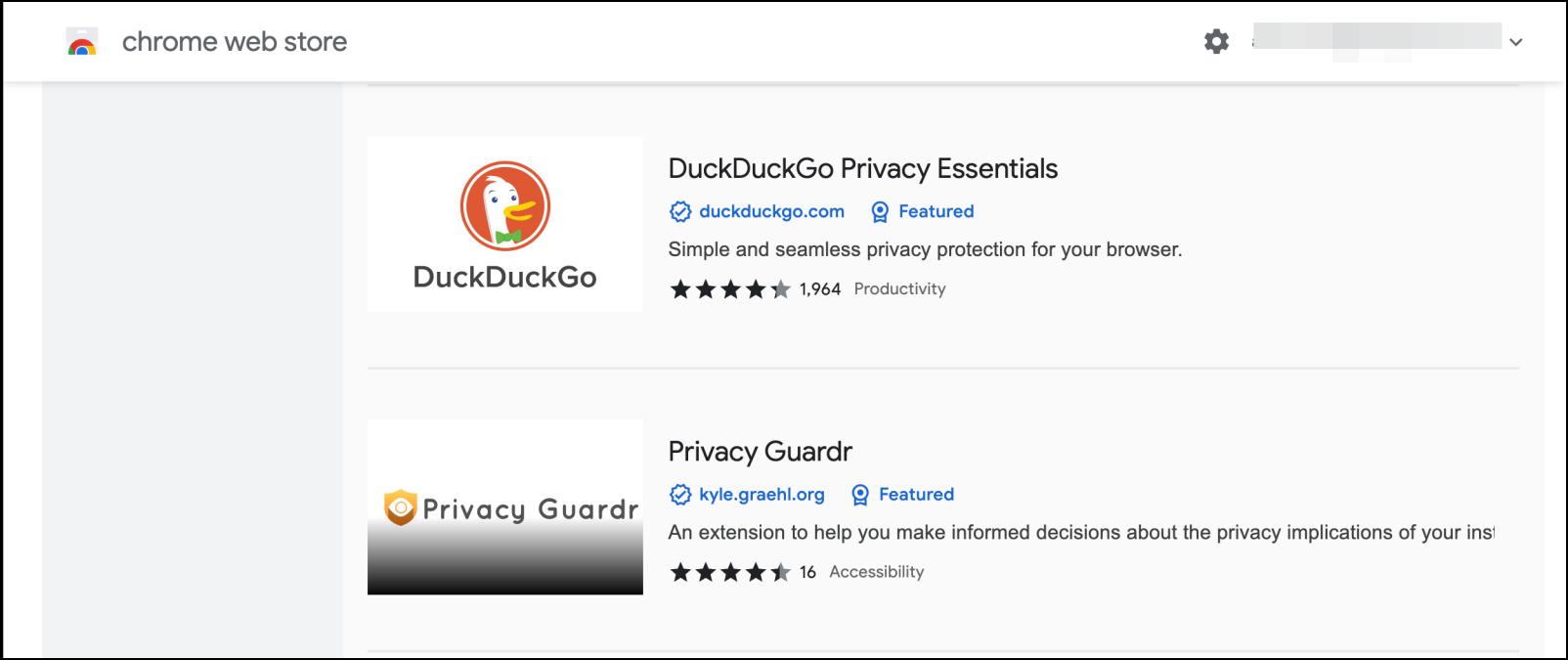
Stay Informed: The most important thing, in the end, is to stay informed about the privacy practices of Opera or any software that use regularly. Keep yourself up to date with the latest news about any changes.
Conclusion: Is Opera Browser Safe to Use or a Spyware?
After going through all the reports and articles, it is evident that the privacy concerns related to the Opera browser are completely valid. The browser has been part of questionable data handling practices. Its services and other products, like the above-mentioned VPN and Safe Browsing feature, also reflect the same.
Though certain things like its news feed and other monetization methods can be excused as the browser needs a revenue chain to survive against the likes of Chrome and Edge, we have seen the same case with Firefox and how it has also started adding sponsored features in the browser. Its telemetry components aren’t something that I agree with, but they are a small effort to keep the browser alive.
So, in conclusion, I’d say that while Opera is not exactly spyware, it should not be at the top of your list if privacy is your main concern. In case you still want to continue with Opera, then you can turn off certain features and manage privacy settings to limit the data collection. You can also shift to alternative browsers like Vivaldi.
Popular options like Chrome or Edge are also infamous for their data collection practices. It’s just whom you want to trust with your data.
Related:
